In a move disappointingly on-brand for the Trump administration, an executive order in late June suspended work visas for immigrants all over the world. While it is true that immigration has taken a hit across the board during the pandemic, this decision was specifically targeted towards those who rely on work visas.
The decision was made unilaterally by the Trump administration, as evidenced by the near-unanimous disavowal of the move by both parties. As an immigration law firm, this has provided one extra obstacle to the many facing immigrants in these difficult times.
Nearly two months after the order, people are still confused by the order and what it may mean for them. In our latest blog, we tackle just what this order means and what you need to do to get the work you need.
Work Order Suspension
As stated earlier, the Trump administration took a hardline stance against work order suspensions. We’ve discussed work orders in a previous blog, but they are visas that allow immigrants to work in the United States for a specified amount of time. There are several types of work visas, each aimed at a specific demographic of foreign workers.
For the few advocates of such a policy, the argument is that in times of crisis, jobs held by foreign workers should be given to American people to spur growth in the economy. However, for business owners, the opposite effect is expected. In industries like IT and farming, immigrants often perform tasks that Americans aren’t willing or able to do. Without these workers, American loss of jobs may accelerate, not slow down.
The evidence of immigrants slowing economic growth is paper-thin, with most noting that it may weaken Americans and America on the global stage. But what actually is targeted by the ban?
Currently, H-1B, H-2B, J-1, and L-1 visas are targeted for bans, with few exceptions. The H-1B visa is specifically the most popular work visa and stands to cause the biggest ripple effect in the economy. It was initially expected to affect all current holders and new holders, but the administration has clarified that it will only apply to those seeking a visa.
The H1-B visa is most known for skilled tech workers, but industries like healthcare and the media utilize this visa heavily. The H-2B is generally applied to seasonal workers that work in construction, hospitality, forestry, and many other industries. The J-1 visa is for work-and-study based programs, which impacts interns, camp counselors, teachers, and much more.
How Industries Are Being Affected Already
As most experts have warned, it seems like the work visa suspension/ban has had the most profound effects on the tech industry, among many others. Foreign-born workers makeup 17% of the workforce, but are crucial to many key industries. IT, food production, construction, healthcare; without these workers, many of the related jobs and industries begin to crack.
These industries, unfortunately, have seen thousands of layoffs over the months, culminating in one of the largest housing crises in recent American memory. The Trump administration used reducing unemployment numbers in May and early June as proof that the policy was working, but August is seeing a swift reversal of any good news.
What An Immigration Lawyer Can Do For You
As times get tough for everyone, including immigrants, immigration lawyers are hard at work trying to provide information and assistance during these difficult times. At Cynthia R Lopez Law, we have dealt with immigration-related issues for years, and we are committed to helping our clients navigate these times.
Despite a ban, an immigration lawyer can help you with your application. If applications have errors, it can negatively affect your chances of getting accepted. With an immigration lawyer, you can ensure that your application gives you the best chance for acceptance once the ban is lifted.
Recently, the Trump administration has further clarified the work visa ban, noting that exceptions are available for those whose travel would be “in the national interest”. Who is deemed exception-worthy is determined by the Secretary of State, Secretary of Homeland Security, or other agency.
There are some helpful guides for determining if you qualify; our law firm can help you find out if you can utilize this exception. This exception is relatively recent, so it will take some time to see how often or how strict this new exception system will be.
Trust Cynthia R Lopez For Your Immigration Needs!
No matter where the law goes, Cynthia R Lopez, P.C. will be fighting for the rights of her clients. Give us a call today to learn more about how we can help you!




